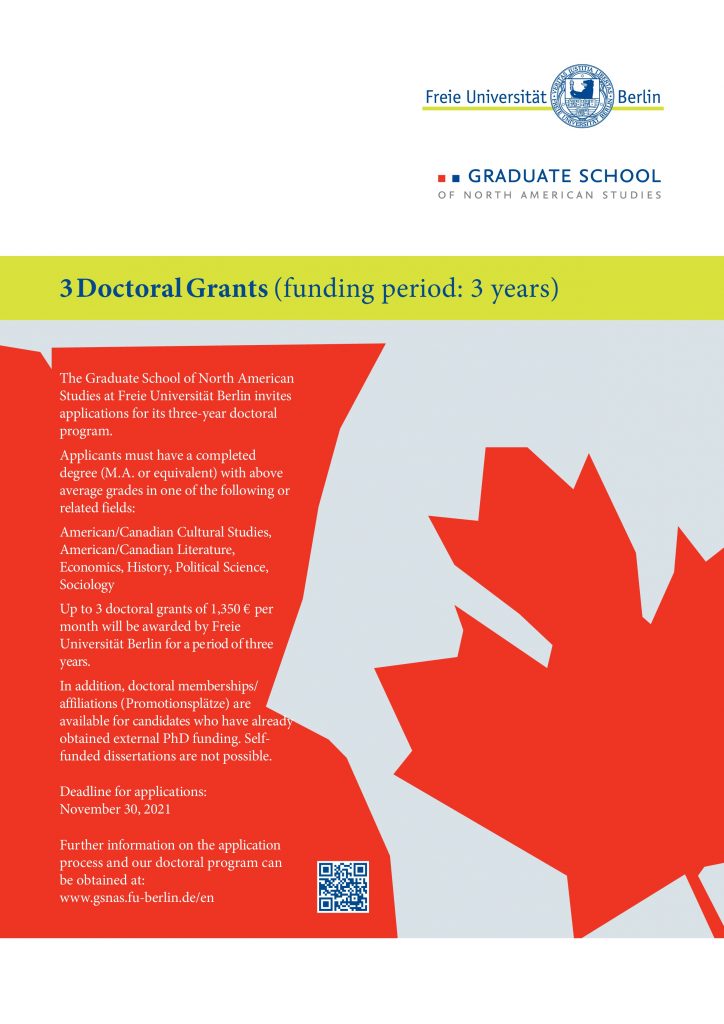Deadline for abstracts: February 28, 2022
Notification of acceptance: March 15, 2022
September 21-23 , 2022 at University of Białystok, Poland
In the midst of global Covid-19 pandemic, not only Canada, but all the states, experienced challenges they had never faced before. The crisis forced individuals, communities and countries to rethink and question the way modern societies operate on manifold levels. The strain put on health care, education and welfare systems has significantly reshuffled the workplace and family dynamics, exacerbating existing inequalities related to gender, class and ethnicity and affecting communities of colour, as well as other disadvantaged, marginalized and excluded groups in a disproportionate manner. Confined to their homes, many people have found perpetual isolation overwhelming and experienced long-term psychological impacts. As a response to these feelings of exclusion, on both individual and collective levels, new ways of connecting with others have emerged, giving rise to as varied new phenomena as zoom meetings, online panel discussions, workshops and conferences, virtual support groups, and digital cultural initiatives, including exhibitions, concerts, performances and other live-stream events. The economic discrepancies and social injustice aggravated by the pandemic as well as attempts to foster a sense of belonging make us reflect upon past and present forms of exclusion and inclusion.

